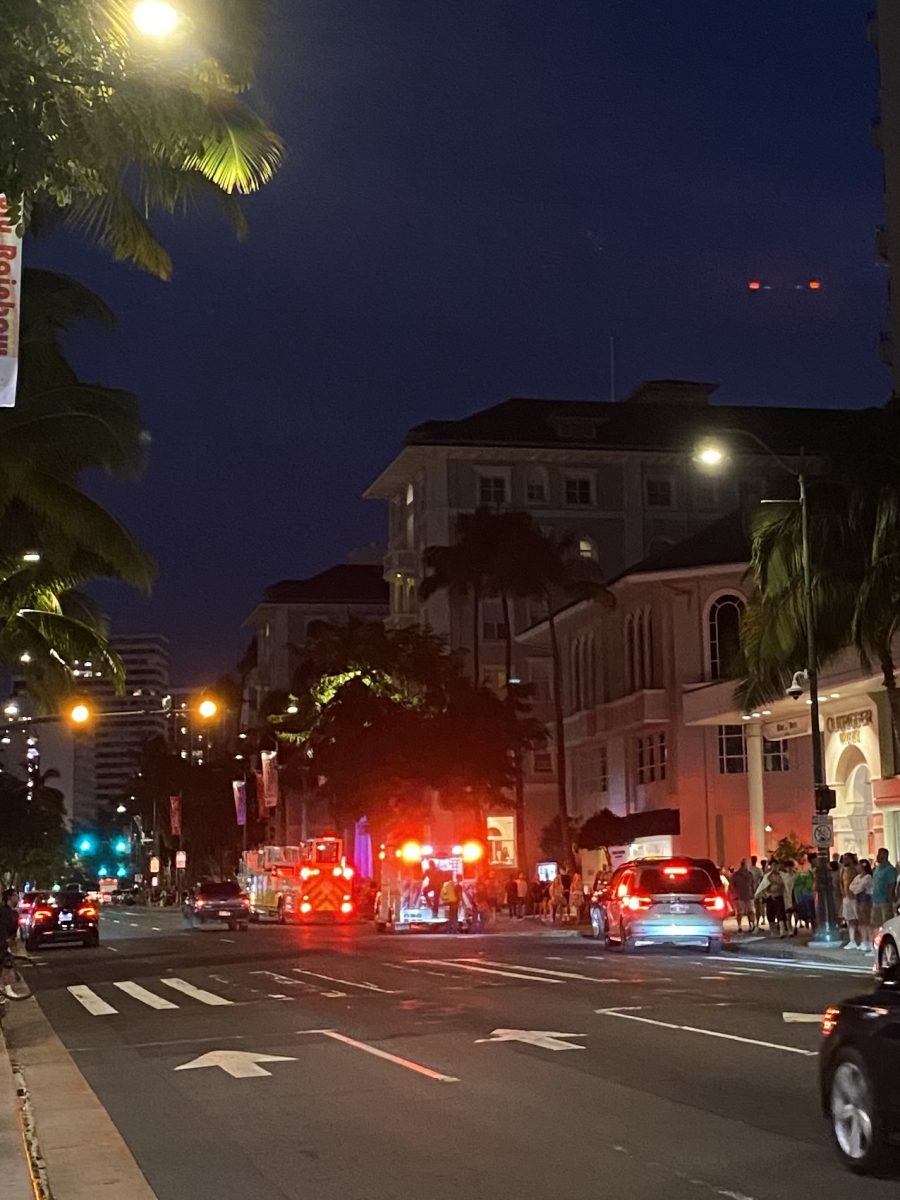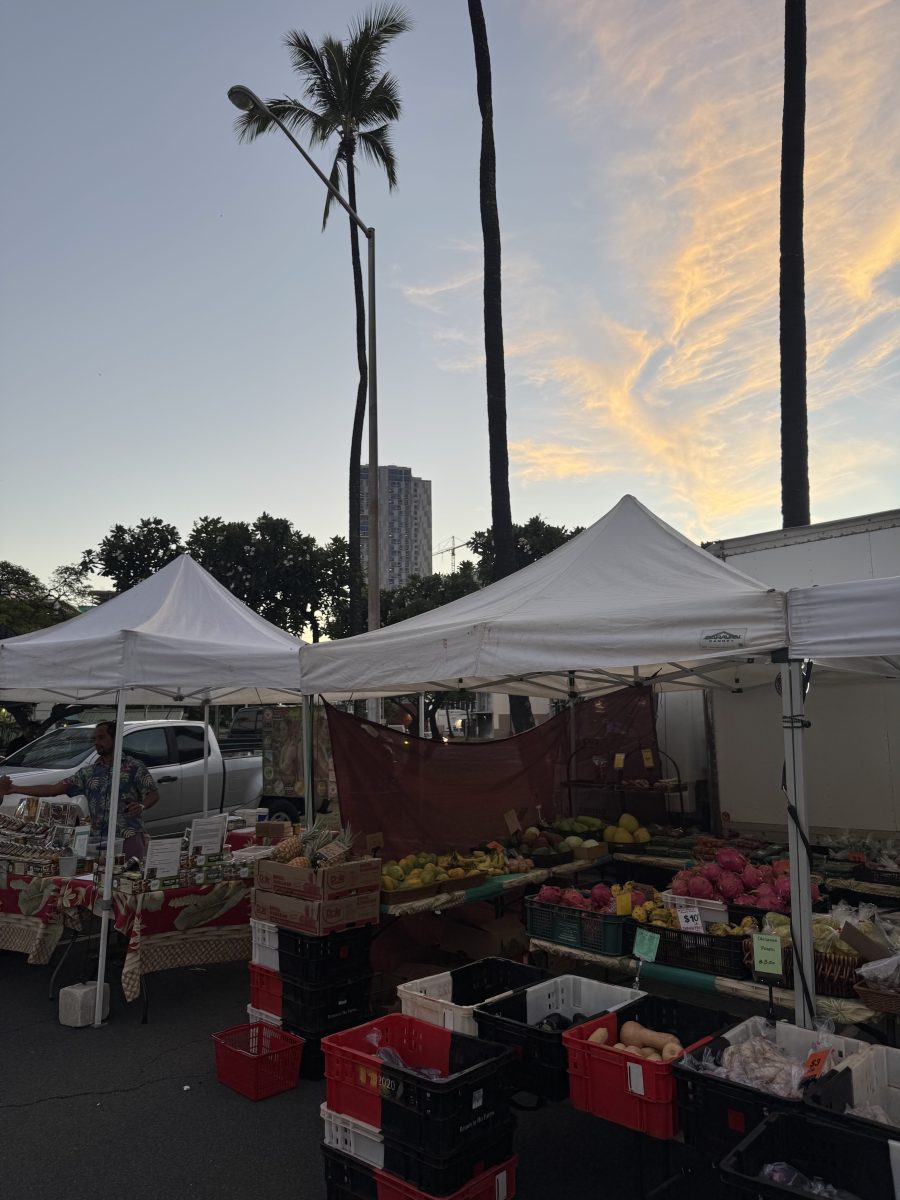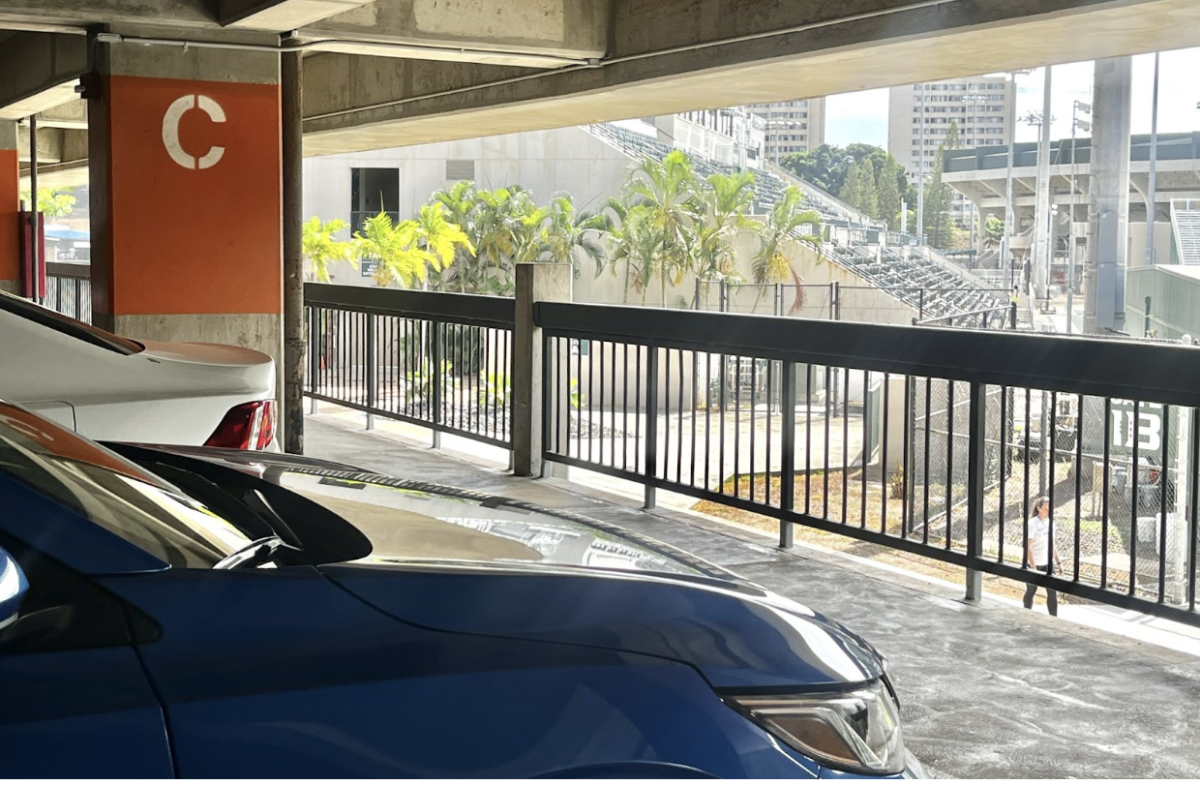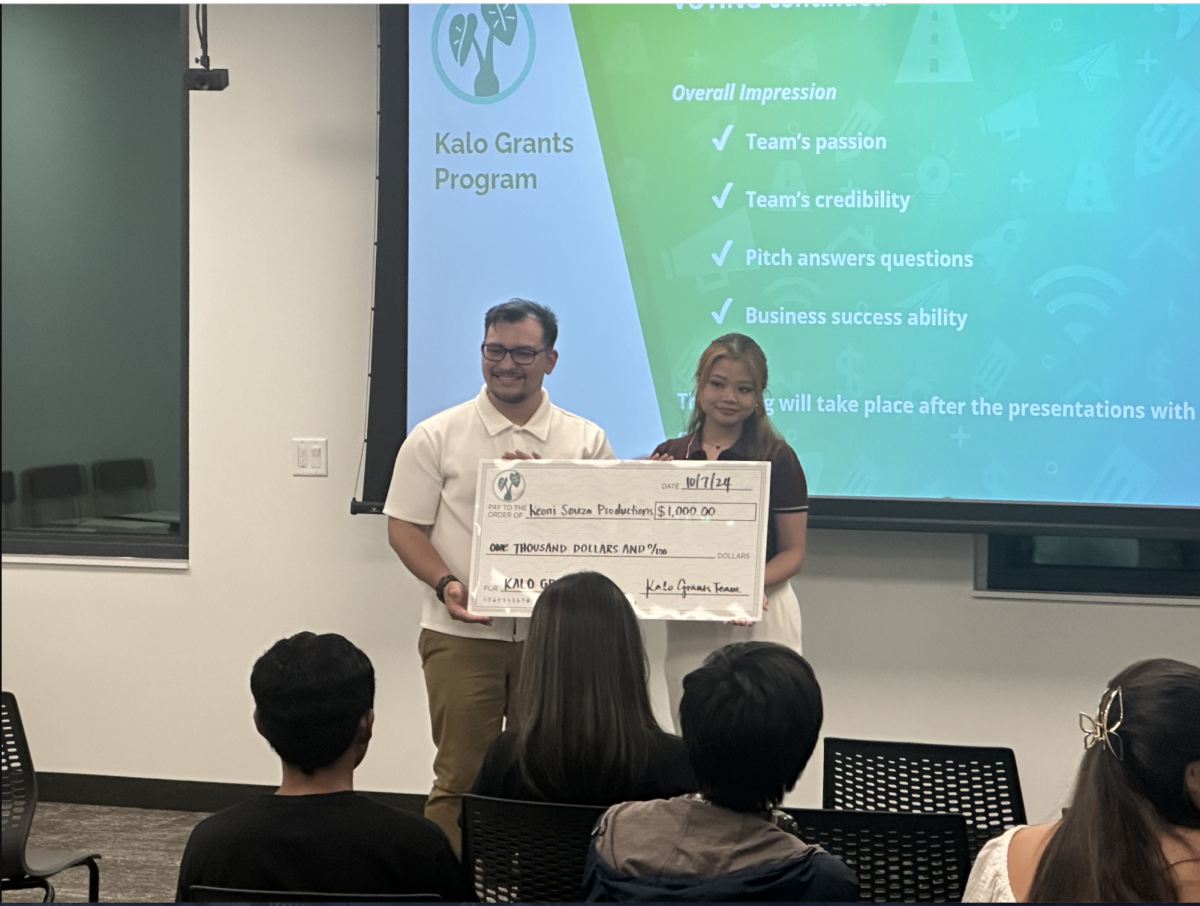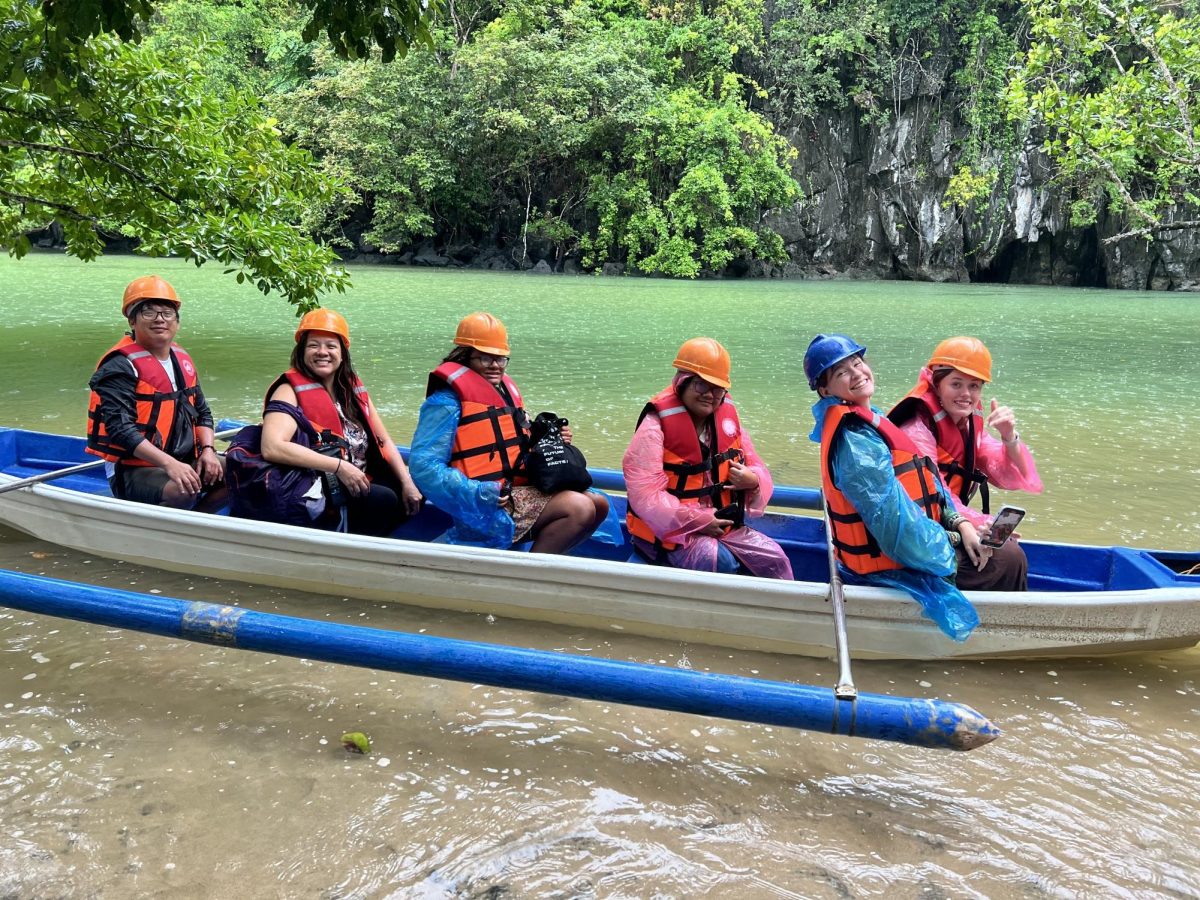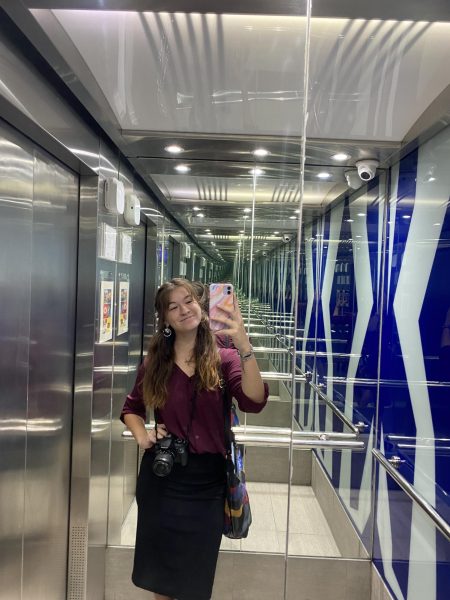Waikiki nightlife is a hotspot not only for tourists and photographers. Officials say the neighborhood attracts crime and violence as well.
“The later at night it gets, the more dangerous it is,” said Honolulu Police Department’s Officer Kai Hirashima. “That’s been made very clear over the past two years or so.”
Visitors are returning to the islands after the COVID-19 shutdown, which left Waikiki streets vacant for about a year.
Empty streets also meant the lowest crime rate seen in the city since 2016, according to The Federal Bureau of Investigation’s 2022 crime report. However, with the number of visitors returning to normal, crime rates are also increasing.
Maui Brewing Co. worker Tatum Duarte, 25, said she works the evening shifts at the restaurant, meaning she leaves around 11:30 p.m. She walks home – often by herself.
“Luckily I haven’t had anything happen to me besides some weird interactions, but I just stay on my P’s and Q’s as one should,” Duarte said. “But I know that some of our coworkers were getting robbed going home because people knew they had cash on them from tips after a shift.”
Similarly, 21-year-old Kiley Butkus shared her experiences of taking the bus home from her job after late-night shifts at Aloha Table in Waikiki. TheBus only comes once an hour after 9 p.m., making it difficult to find one to take home when getting off late at night.
“I always change into non-work clothes so that no one knows where I’m coming from,” Butkus said. “I make sure to stay in a bar or a populated place until it comes because I’ve had some really scary interactions like being followed or being asked to show tips I made during my shift.”
Despite these perceptions, a comparison by crimegrade.org revealed that Waikiki has a lower violent crime average versus both state and national averages.
Officer Hirashima assured that Waikiki seems more dangerous due to how densely populated the streets are at any given time, especially at night, but this does not mean it’s inherently unsafe.
He said that one thing that sets HPD apart from mainland police departments is officers around Waikiki will keep the blue lights on their cars throughout the night in hopes of deterring crime, not just catching the criminals after the crime is committed. Hirashima said this can also give people a sense of safety and reassurance.
“Don’t make yourself a target,” Hirashima said. “Stay alert, stay as a group, be aware of your circumstances. You should be okay.”


